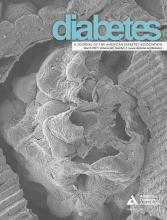
A department chair of a Swedish university asked to retract a 2010 study in Diabetes after none of the authors could explain image-related ambiguities.
The matter prompted particular attention because the paper’s first author, Pontus Almer Boström, had been found guilty of scientific misconduct by the University of Gothenburg in 2012, after Jan Borén noted some irregularities in data calculated by Boström. At that point, the research group combed the data to identify further issues arising from Boström’s work, and didn’t find any.
But last summer, when a user on PubPeer raised questions about some of the images in the 2010 paper, the matter was brought back into focus. According to Borén, they found “no evidence of scientific misconduct in this study.” But Boström had left the university in 2009 and could not be reached, the corresponding author had passed away, and the remaining co-authors hadn’t stayed in the field. So Borén decided it would be best to retract the study to avoid any “lingering questions.”
Here’s the retraction notice for “The SNARE Protein SNAP23 and the SNARE-Interacting Protein Munc18c in Human Skeletal Muscle Are Implicated in Insulin Resistance/Type 2 Diabetes,” in which Borén thanks “Peer 1″ on PubPeer for “detecting the ambiguities and bringing them to our attention:” Continue reading Coauthor’s past misconduct prompts dep’t chair to retract Diabetes study

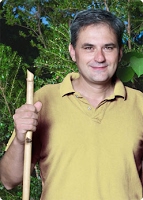
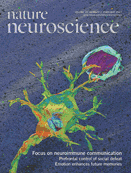 Only days after his paper was published online, a neuroscientist has posted a comment on PubMed alerting readers to several duplication errors.
Only days after his paper was published online, a neuroscientist has posted a comment on PubMed alerting readers to several duplication errors.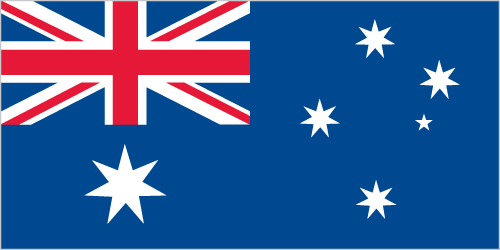

 A researcher has lost his position as a Chief Scientific Officer at a DNA sequencing company after
A researcher has lost his position as a Chief Scientific Officer at a DNA sequencing company after 

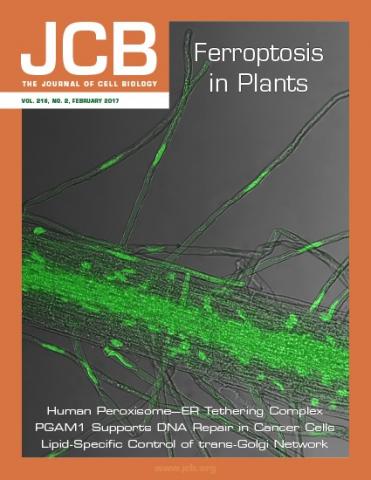 A researcher in Switzerland has retracted her 2015 paper in the Journal of Cell Biology, saying the first author — her former postdoc — admitted to fabricating multiple aspects of the paper.
A researcher in Switzerland has retracted her 2015 paper in the Journal of Cell Biology, saying the first author — her former postdoc — admitted to fabricating multiple aspects of the paper.